[CS 기술면접 2탄] 쉽게 정리하는 운영체제
이용준
실무와 면접에서 자주 마주치는 운영체제 개념만 선별해, 도해 중심으로 쉽게 설명하고 정리한 핵심 CS(computer-science) 강의입니다. 처음 접하는 사람도 흐름을 잡고, 이후 학습을 빠르게 이어갈 수 있도록 설계했습니다. 슬라이드 자체가 복습 가능한 요약 노트 역할을 하도록 구성되어 있습니다. 기초가 흔들릴 때마다 다시 돌아와도 좋을 ‘기반 다지기용 강의’입니다.
입문
운영체제, 기술면접, computer-science






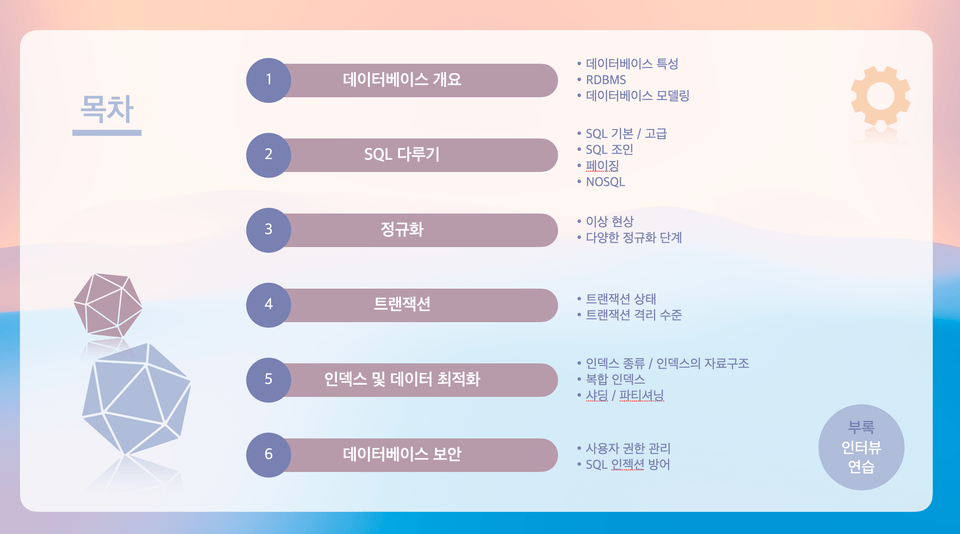
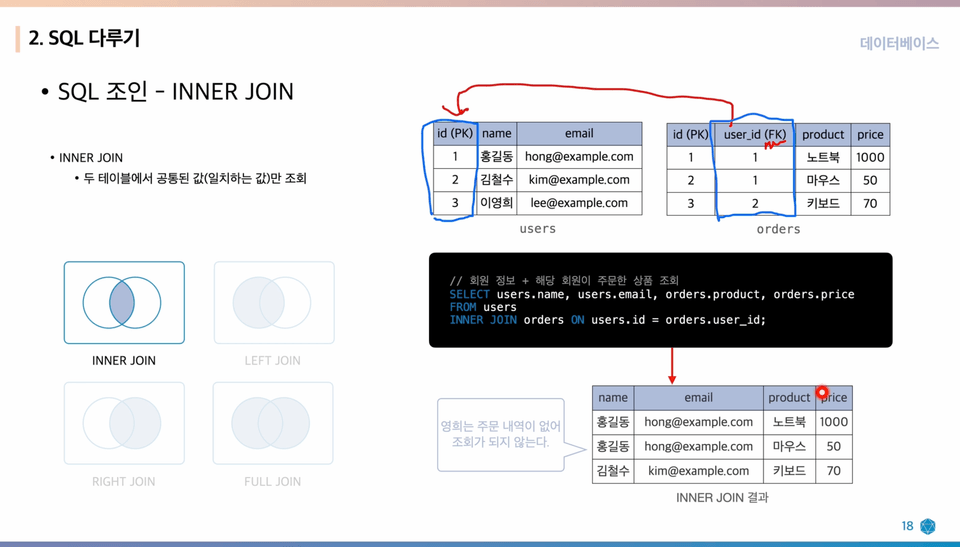
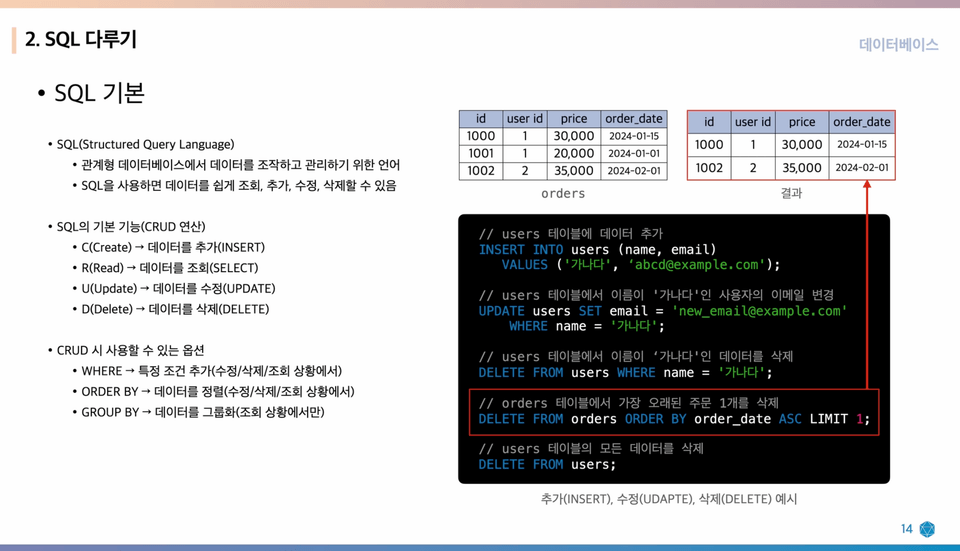
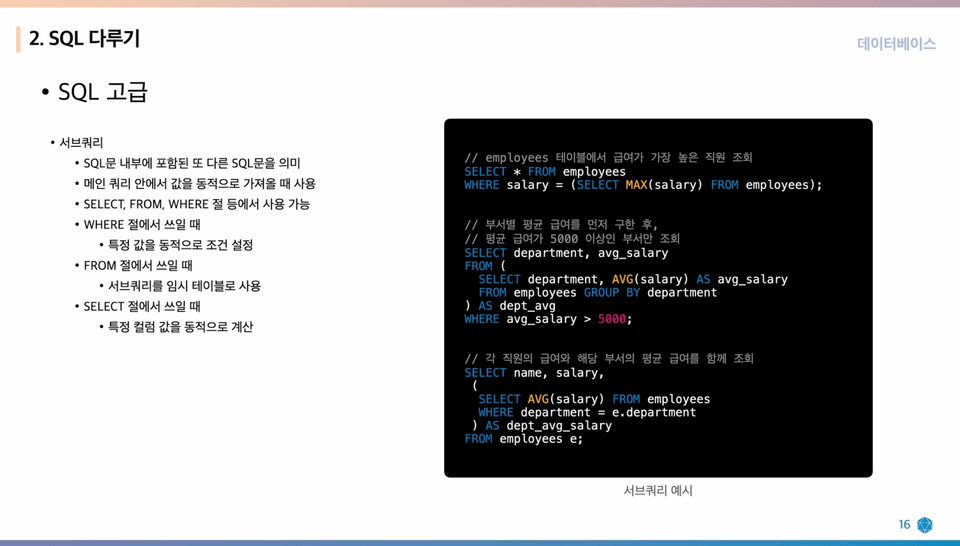
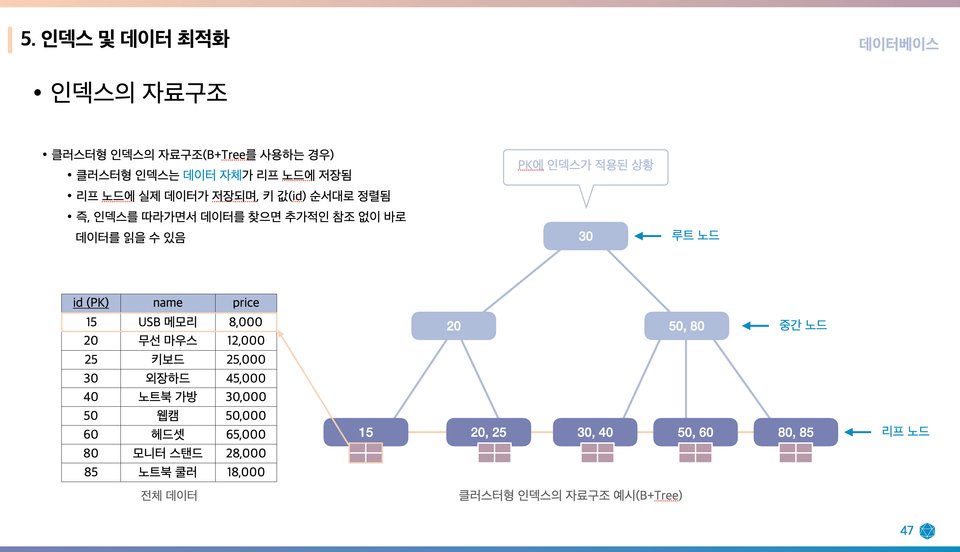
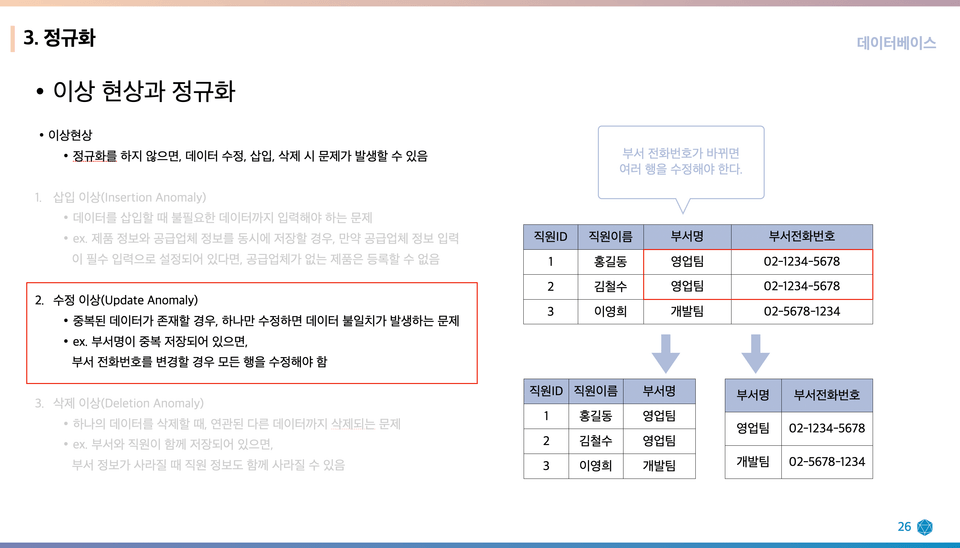
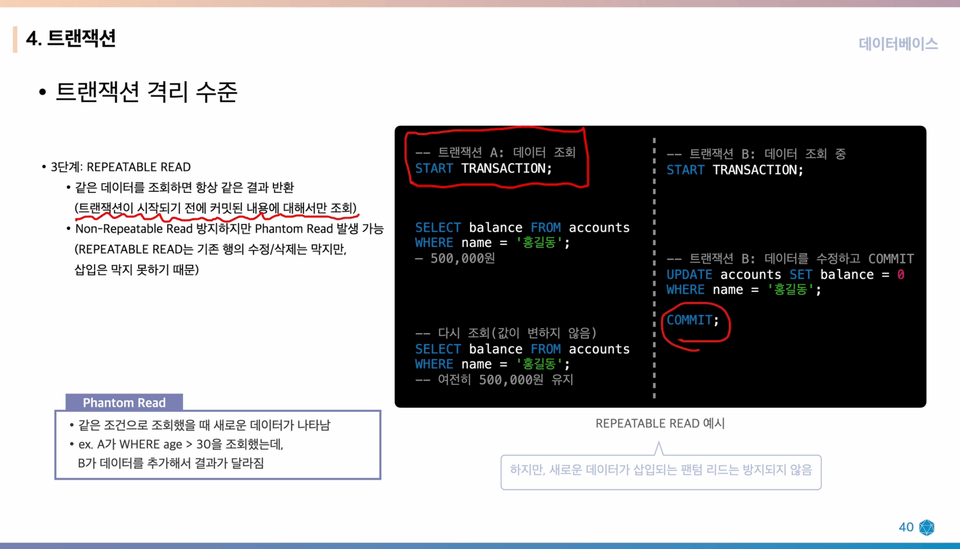
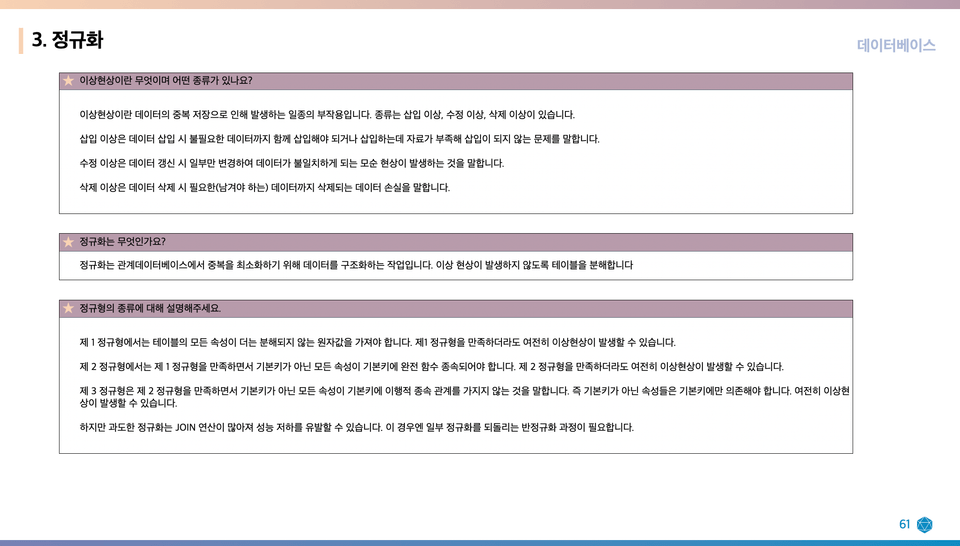
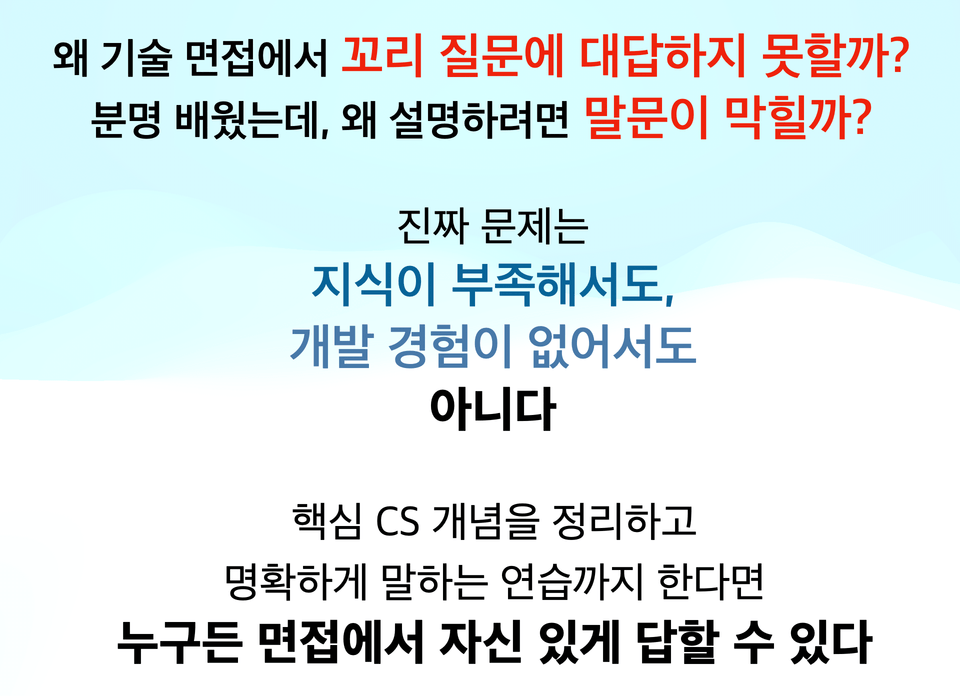
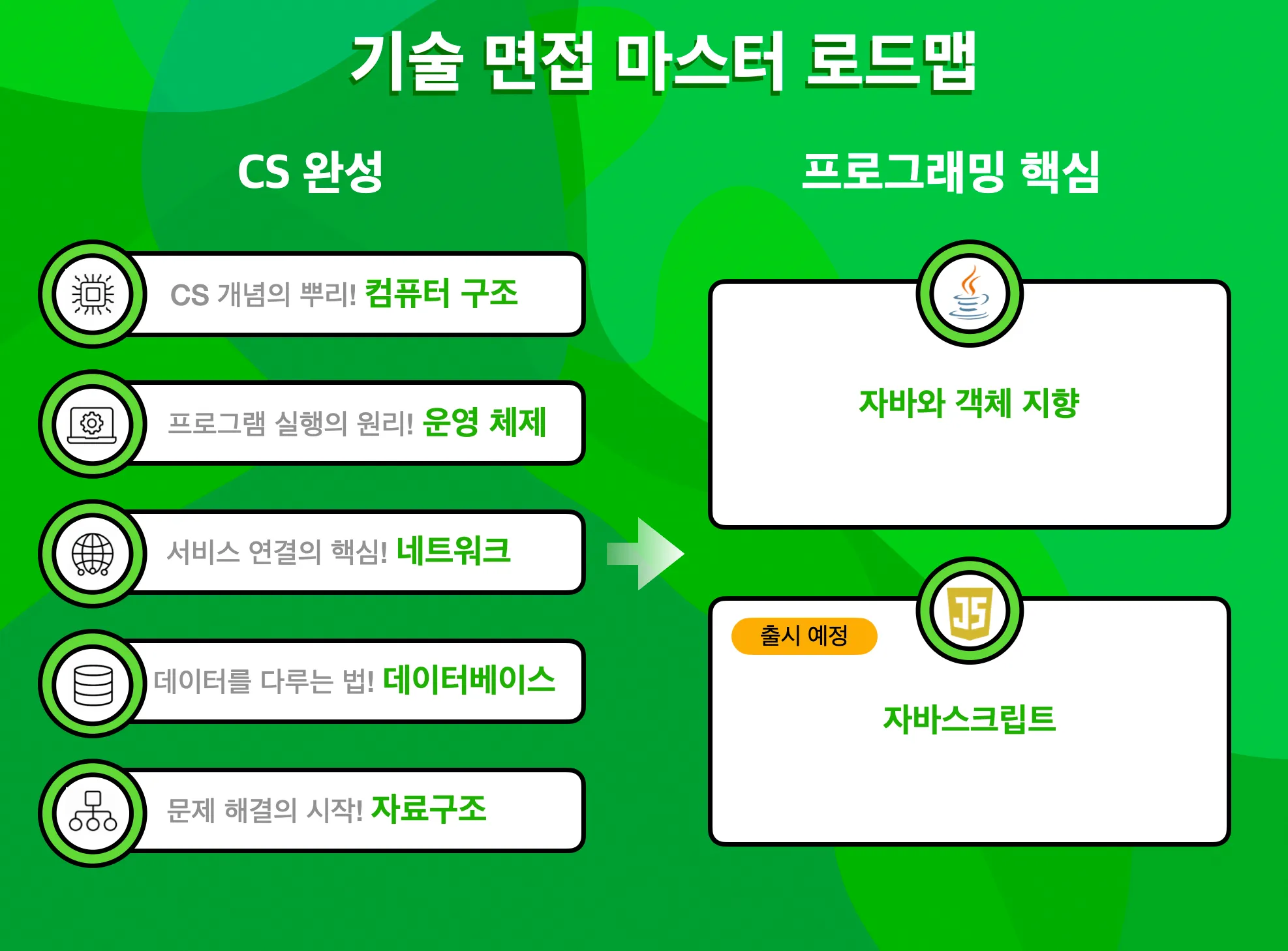
![[관리코스 #2] DBA (ERD, 데이터베이스 설계)강의 썸네일](https://cdn.inflearn.com/public/courses/329643/cover/a5747a03-97cd-400d-adba-82f5952a40bd/329643-eng.png?w=420)
![[7일완성]생각하는 데이터베이스모델링강의 썸네일](https://cdn.inflearn.com/public/courses/332784/cover/6cc9552a-5e06-454f-a8ac-3dd5396b5204/332784.png?w=420)
![[2025년 트렌드 반영]백엔드 개발자 취업 토탈 가이드 (back-end. 멘토링 경험기반)강의 썸네일](https://cdn.inflearn.com/public/courses/329984/cover/4c667dbf-3d9f-4ff5-b00e-b467a2b2397d/329984-eng.png?w=420)
![자바의 정석부터 Oracle sql까지 완전정복 부트캠프 [Full vers.]강의 썸네일](https://cdn.inflearn.com/public/files/courses/336223/cover/01k2j32xzj93q4a4mhs8ra9q4b?w=420)
![[ITⓔ코칭] Oracle로 배우는 실전 데이터관리강의 썸네일](https://cdn.inflearn.com/public/courses/327587/cover/8133dede-51cb-4410-949c-cd95aa80b7d6/327587-eng-original.jpg?w=420)
![[백엔드/예외처리 시나리오/집계 최적화] 백엔드 포트폴리오와 실무 이력 강화 전략. 올인원 PART1강의 썸네일](https://cdn.inflearn.com/public/courses/335091/cover/1a19a4de-ec2e-4e26-a84e-28691e777020/335091.jpg?w=420)
![[2탄] 옆집 개발자와 같이 진짜 이해하며 만들어보는 첫 Spring Boot 프로젝트강의 썸네일](https://cdn.inflearn.com/public/files/courses/337728/cover/01jxde3521nnchf3z1c845kmd3?w=420)
![AI 시대 똑똑한 SQL 학습법 [입문]강의 썸네일](https://cdn.inflearn.com/public/files/courses/336379/cover/01k163anqmn6qkaarv95ge5tts?w=420)
![[C#과 유니티로 만드는 MMORPG 게임 개발 시리즈] Part5: 데이터베이스강의 썸네일](https://cdn.inflearn.com/public/courses/325283/course_cover/afb413e6-681e-47cd-808a-099c79fed112/rookiss-rpg-5.jpg?w=420)
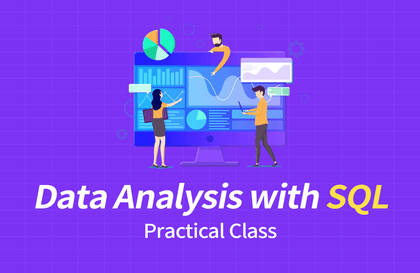
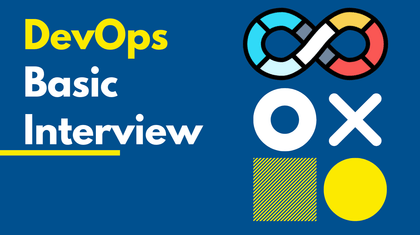
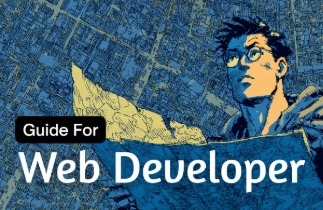

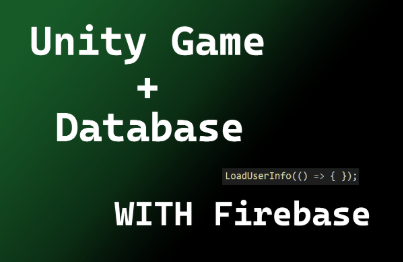
.png?w=420)